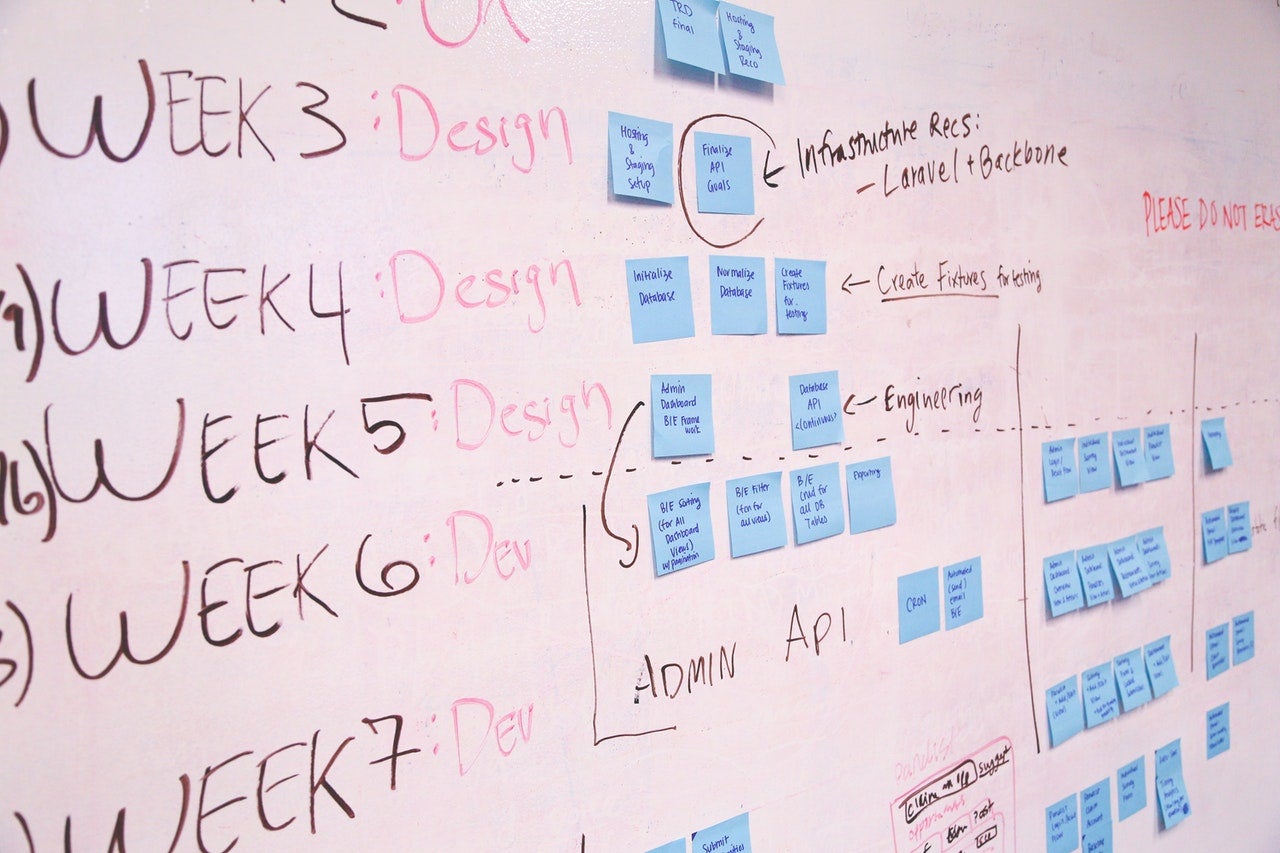How to Meet a Project Deadline Without Compromising on Quality
By: Oliver Michaels

Although we might not always like them (especially when it feels like we are getting perilously close to them!), deadlines are a necessity to keep projects in check and on track. Of course, every project manager should start out with the desire to do the best job they can. But with a plan schedule to follow and budget to stick to, there is a need to be mindful of perfectionism to the detriment of the project.
The stick and carrot approach
Project management is a challenging field to work in but also very rewarding and if paced correctly; employees will feel a sense of satisfaction when deadlines are met and it’s this sense of achievement that will encourage them to keep up the pace.
Beginning to end
Your starting point to meet a project deadline is to establish a clear and attainable schedule with identifiable milestones. However, despite all the best PM courses in the world; there will still come a time when a project has a tight deadline that you will just have to pull out all the stops to try and meet. This could be the result of a legal issue, a promise made that you weren’t told about or staff absences but at times like this that things can rapidly fall apart if your team is allowed to lose focus or let quality slide.
So how do you meet a deadline and be proud of the calibre of your project?
- Break the project into bite size pieces
No one can achieve a project aim in one fell swoop. All this does is encourage confusion, chaos and the lack of a sense of achievement until the very end and it is very likely that the quality of the work won’t be very good either!
By breaking up the project timeline into a series of tasks (each with their own deadline) staff will stay focused and feel a sense of satisfaction as each one is ticked off the list.
- Prioritise the pieces!
This is an important one because any amount of time spent wasted on inessential work is going to detract from the deadline and the quality of your project. It is important therefore to “clear the decks”; putting non urgent tasks on hold and building up a schedule allocating the bite sized pieces in the correct order. In order to do this a PM will need to consider the following:
- Task size
Small tasks are obviously easier to achieve whereas larger tasks will require more time and attention. Small tasks bring a quick sense of satisfaction whereas larger tasks will require more encouragement and attention to keep staff on track.
- Task clarity
Team members need to know exactly what is expected of them and then given the autonomy to do the work. Really easy tasks are self explanatory, whereas more complex tasks will need to be clarified to avoid frustration and lack of motivation.
- Task resources
All you will need for some tasks is a pen and paper! However more complex tasks will require resources and it is best to get these in place sooner rather than later otherwise your project quality and deadline will be affected.
- Task importance
Tasks that will have the highest impact on the project will need to be higher up on the priority list! It is wise to complete these tasks as quickly as possible because these will create the “framework” for your project.
- Task reliance
There will be some tasks that can be worked on at any time and there will be others that can only be completed on the back of another task. It is important to think of the project as a set of stepping stones with each leading to a clear and sequential end in sight.
- Focus, focus, focus
It is important to cut out all the noise; which can be difficult but not impossible to do in a busy office environment and especially when a deadline is coming to the crunch. Removing distractions is as much a psychological task as it is a physical one; most people will have heard of the expression “a tidy desk is a tidy mind” so PMs will need to consider removing anything that will encourage less than laser like focus. This can include such things as:-
- Prohibiting social media
- Cutting out unnecessary communication
- Removing clutter
- Ensuring important documentation is on hand
Of course, it doesn’t harm to have a “sweetener” on offer for when the deadline is completed!
- Ask for assistance
Project managers and their teams can ironically find themselves running into difficulties because they are too proud to ask for help. If a deadline is fast approaching then it makes sense to collaborate between team members (especially if some have a lighter work load) or outsource some of the easier work.
Remember that when someone is being asked to complete a task they wouldn’t ordinarily do it is only sensible to attach clear instructions together with the completion date.
- Watch the clock
Parallel project training knows that an ability to use time wisely is absolutely imperative to keep quality standards high and the deadline on your side. Even without lots of distractions, work flow can begin to stall and time allowed to “expand” into work creep.
Time IS money, so keeping a steady pace will bank precious minutes to make all the difference at the end of your project. It is also important to avoid perfectionism, “analysis paralysis” or setting unrealistic expectations because they too will only bring more problems to your desk!
And if you still can’t meet a deadline despite your best efforts then it is important to be honest so expectations can be adjusted. Full transparency will help to build trust and show you are not prepared to sacrifice quality which could turn out to be a win-win as you head into other projects in the future.
6889 Views












